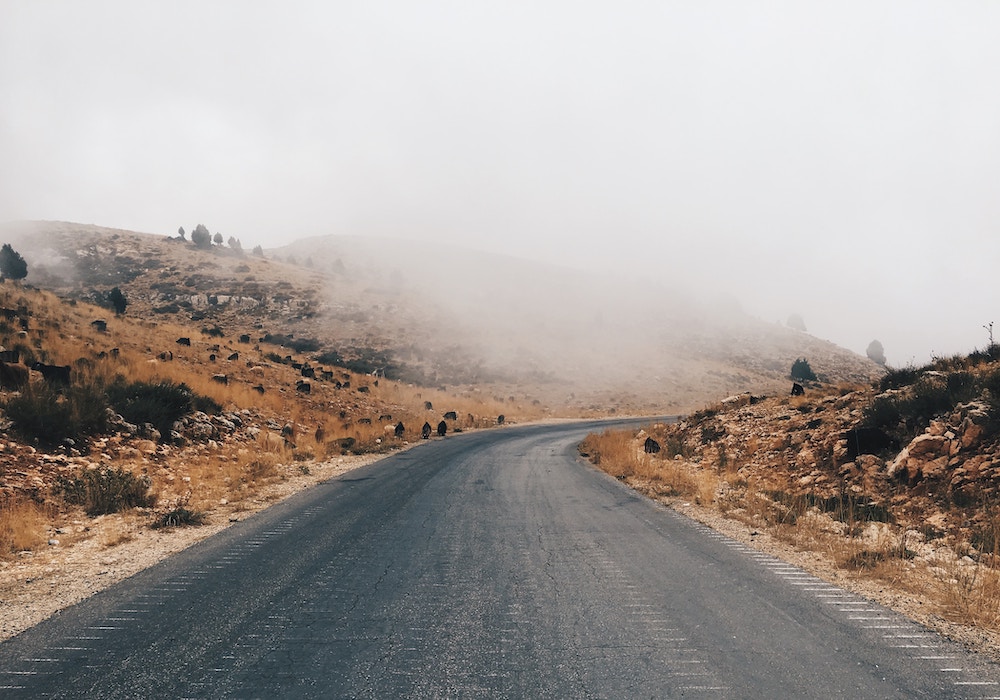It may seem odd that an episode recounted in a poem, as mere information, lends itself to being misunderstood. The episode is the Homeric one about the island of the Feaci and the misunderstanding is their so-called hospitality, by now almost proverbial. Dashed on the shore by the waves, miraculously safe, Ulysses is helped by Nausicaa, but must meet the Feaci and first of all their king Alcinoo.
The prospect is dangerous and Ulysses is coached by Athena in how to behave: “Don’t gaze at anybody, don’t ask questions. People here don’t tolerate strangers much and don’t welcome those who come from elsewhere.”
It was always enough just to read, the details in the poem were clear, yet the paradox of the Feaci’s hospitality remains alive today.
But we are far from considering the poem for what it actually is, a source of real and true information. We want to deceive ourselves and believe that somewhere, perhaps on the island of the Feaci, is a world constructed by us, of papier-mâché.
***
Exile is accompanied by the idea of solitude, which dominates this vast plain of Grosseto, undulating with low hills and also used as a natural park.
Solitude, exile, these are conditions that in any case have often touched poets, from Ovid to Dante, to offer just two famous instances. Nearer to us, the century just past could provide quite a long list, from diverse and opposing realms.
But what I’d like to hint at here is a deeper and more hidden level of consciousness, which seems to have made room for a sort of voluntary exile. A general dissatisfaction with social relations, anyway treacherous if not overtly malevolent, repels us from associating with colleagues and fake friends.
One clue of this condition is offered by vapid and essentially insincere language, which today is so common.
It thus seems legitimate to pull back, choosing voluntary exile, if we want to call it that, and for this, as Bianciardi from Grosseto knew, what’s better than a big city?
© Giampiero Neri. By arrangement with the author. Translation © Martha Cooley and Antonio Romani. All rights reserved.









